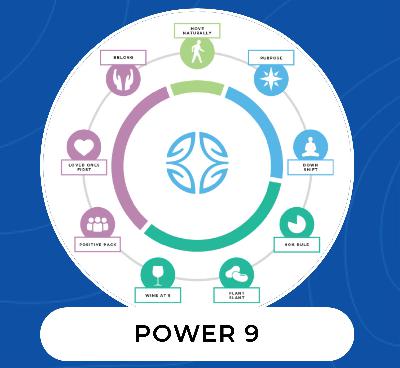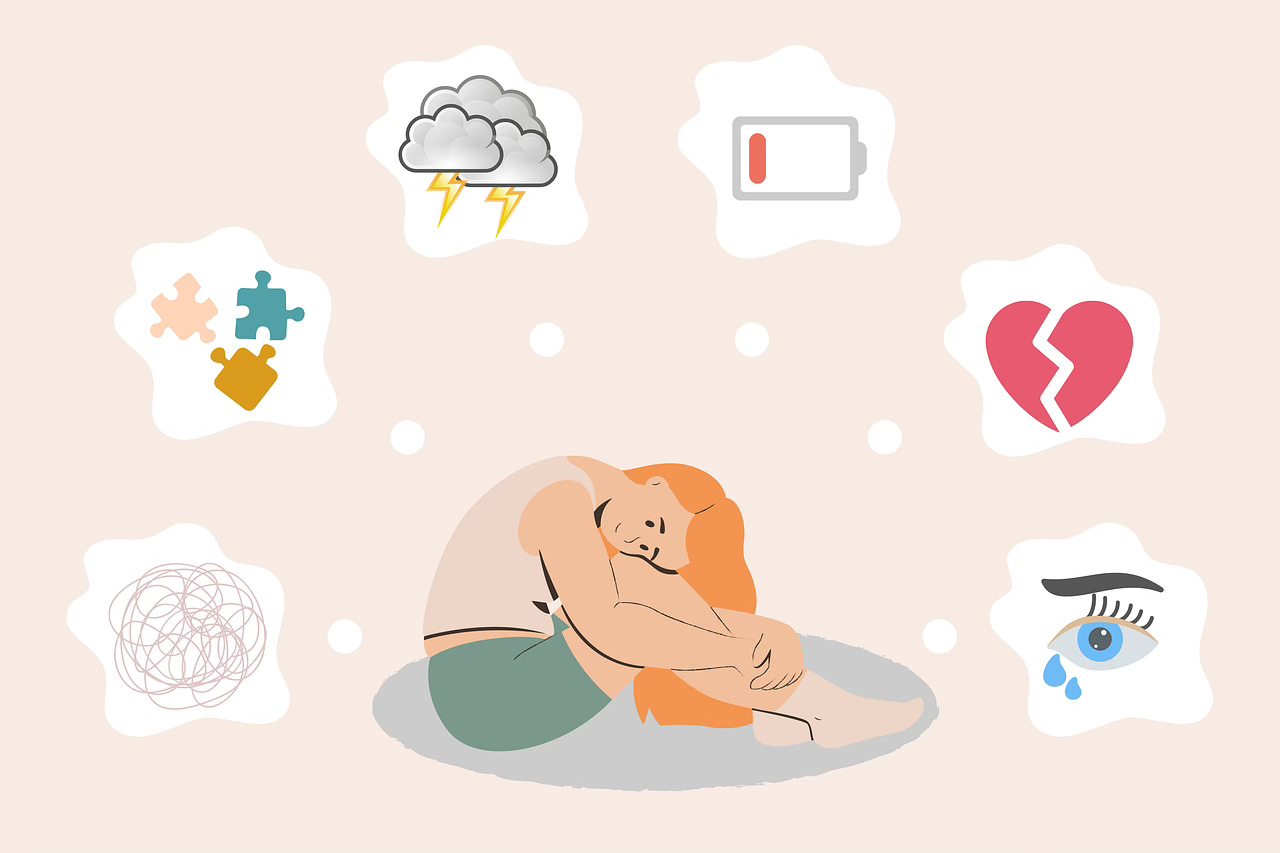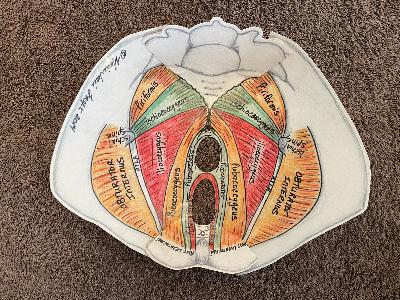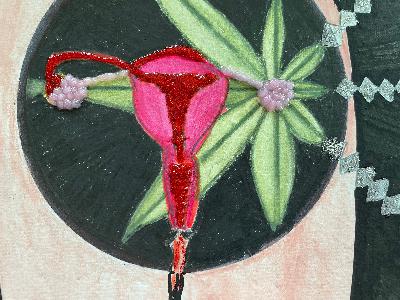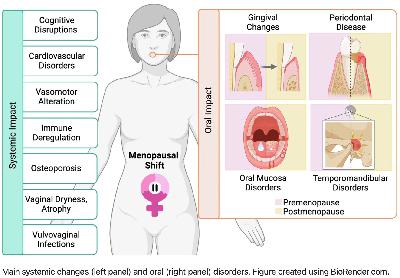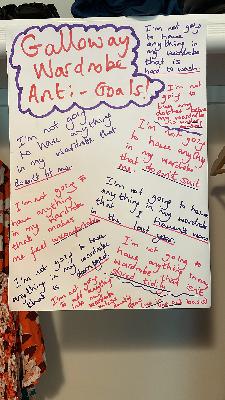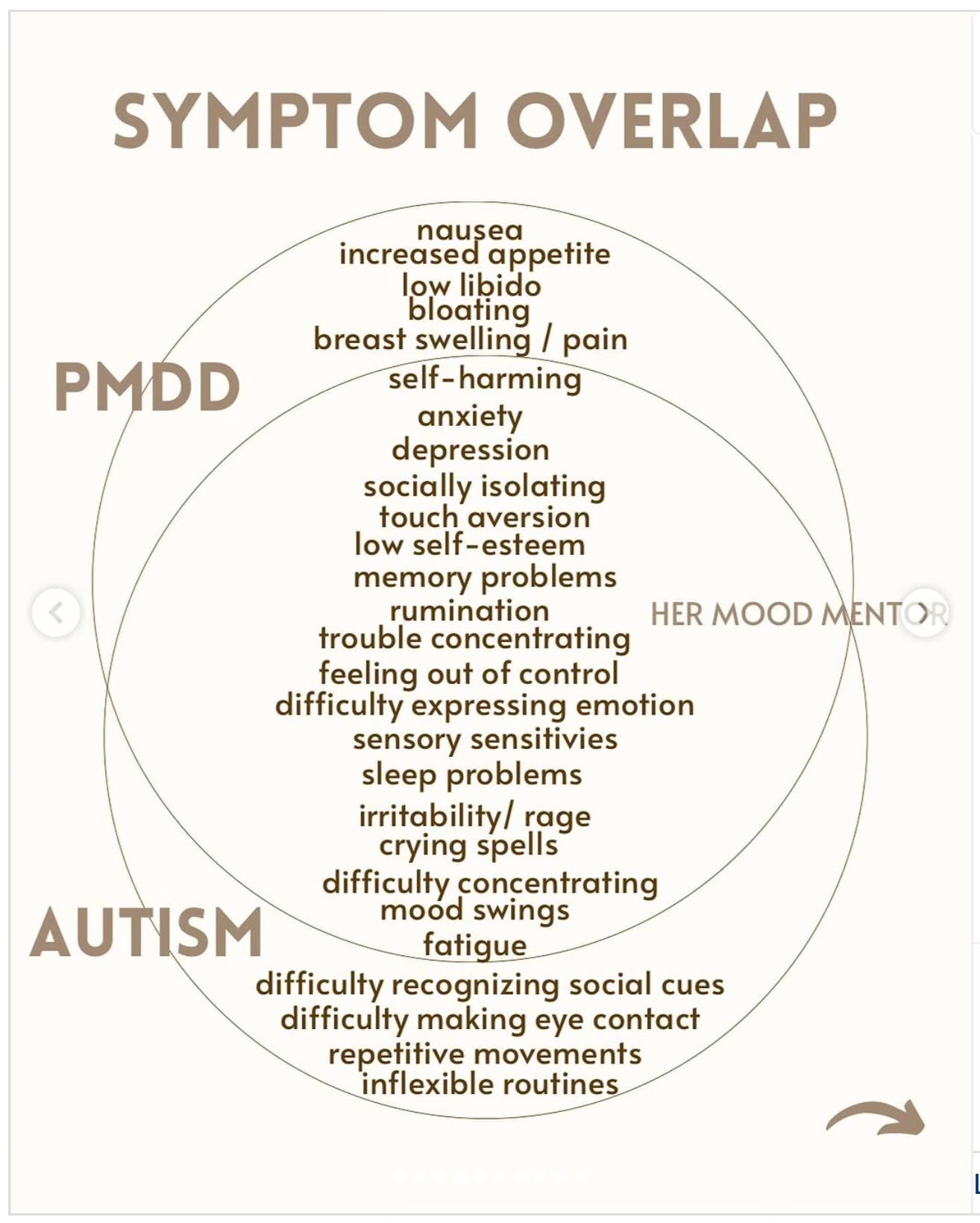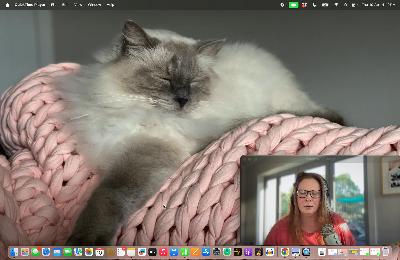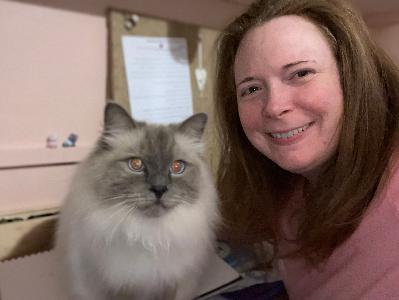Blue Zones: Why Longevity Advice is Ableist
Description
Have you heard of the Blue Zones?
Before I was obsessed with autistic perimenopause (hard to believe there was such a time, I know), my special interest was longevity research findings and healthy lifestyle advice.
National Geographic explorer and researcher, Dan Buettner, shares the optimal lifestyle principles believed to be responsible for extending the healthspans and lifespans of the oldest living human communities on Earth, in the idealistic Netflix documentary series: Live to 100: Secrets of the Blue Zones.
Where on Earth are the Blue Zones?
* Loma Linda, California, USA
* The Nicoya Peninsula, Costa Rica
* Nuoro Province, Sardinia
* Icaria, Greece
* Okinawa, Japan
Some definitions
Blue Zones: regions of the world with the highest number of centenarians (people living to 100 and beyond) that Dan Buettner marked in blue on a world map, thus coining the term. With information galore to be gleaned and implemented from Dan’s New York Times bestselling books, countless podcast interviews, and now a Netflix series, we have no excuse to check out of this world early, right?
Power 9: 9 commonalities found across the Blue Zones, that are thought to be lifestyle behaviours that can lead to a long lifespan, and healthspan.
Lifespan: the length of time someone is alive.
Healthspan: the length of time someone is free of dementia, chronic disease and/or disability, living with a good quality of life (which is highly subjective…)
Mental health span: the length of time someone is free from significant mental health issues (including chronic stress, emotional dysregulation, depressive episodes), and able to function, cope and thrive despite life’s challenges.
🗺️
I found Dan Buettner’s Blue Zones concept sexy long before it was well known in the mainstream. I even had a diagram of the Blue Zones Power 9 stuck to my fridge because knowledge is power sexy. But now that practically everyone is talking about the Blue Zones, I am no longer interested.
Story of my life.
The same thing happened when The Mighty Boosh got their third TV series onwards. The original BBC radio series was when it peaked!
Not to mention when the now Taskmaster superstar Greg Davies’ incredible live sketch comedy trio, We Are Klang*, was scripted into a TV sitcom.
Urgh, mainstream media. Yawn.
They just lost all their appeal to me. I want to be the only person who knows something, and I want to be the one boring everyone else to death with it.
If people then like it and quote it back at me, I’m out.
But I know I shouldn’t be selfish with my longevity research special interest. We all want to grow old together beyond the midlife (ish) shitshow that is neurodivergent menopause. So many people rave about life improving for us post-menopause!
Personally, I can not imagine feeling any worse than I currently do in autistic perimenopause, but I am trying to hang in there…
A question I often ask myself is, if neurodivergent people could reverse engineer longevity to live in Blue Zones style conditions, could we all become centenarians?
* You may find this YouTube clip highly offensive, in which case I can only apologise! It aligns with my vulgar British sense of humour…
☕️
🗞️ This just in! 📰
Blue Zones researchers report that…
🙌 … Science Confirms: Coffee Can Add Years to Your Life 🙌
☕️
But what about us?
Being late diagnosed neurodivergent can feel akin to being beaten up and left for dead. Yes, a diagnosis may feel validating and reassuring, putting our struggles to date into context. But rarely does it come with a plan or model to follow up with strategies intended to optimise our lives going forward.
We may feel bereft of the person we could have become, had we benefited from the right accommodations and acceptance from others earlier in life, and from society at large.
Where is the newly diagnosed neurodivergent’s manual we need to pick us up and guide us through midlife, and beyond?
Sadly, academics are still at the research stage that tells us what we all already know: that The Lost Generation of Neurodivergent People (you and I) are at risk of poor mental health outcomes, chronic disabilities and untreated co-occuring conditions.
Give it another twenty years, and we might know what to do about it.
Research into the life expectancy of autistic people in the UK
Dr Judith Brown, Head of Evidence and Research at the National Autistic Society, said:
“Autistic people continue to face unacceptable inequalities through a lack of understanding, barriers to vital services and inadequate care, which lead to poorer mental and physical health outcomes.
“Without investment, improved understanding, inclusion and the correct level of support and care, autistic people will continue to see reduced life expectancy, with the most at-risk group in this study being autistic women with learning disabilities. This research should be a wake-up call for Government, the NHS, healthcare professionals and society as a whole that we must tackle the health inequality autistic people face.”
University College London (UCL) News: ‘Premature death of autistic people in the UK investigated for the first time’, published online 24 November 2023
It is bleak.
Neurodivergent people often have a much shorter mental healthspan than the average population.
I can’t think of a single year out of my 43 and counting that I haven’t grappled with mental health struggles that retrospectively co-occured alongside my undiagnosed neurodivergence.
Fun fact: At birth, I weighed 8lb 7oz, and was already 9 months into a chronic existential crisis…
What can really skew lifespan data is premature death by suicide. A shorter mental healthspan may cause the most vulnerable and least supported amongst us to have a preventably shortened lifespan.
Risk factors for suicide in autistic people
Mental health challenges can increase the risk of someone taking their own life. About 8 in 10 autistic people will experience a mental health problem during their life. This compares to 1 in 4 people in the general population having a mental health problem at some point in their life.Some research suggests co-occurring ADHD can increase the risk of suicidality in autistic people. One study found possible explanations for this include increased depression, people feeling they are being perceived as a burden, and impulsivity (a key feature of ADHD) meaning people are more likely to be exposed to ‘painful and provocative’ life events.Gender diversity can increase the risk of suicidal acts. Autistic people are more likely to be gender diverse than non-autistic people.
Autistica website, ‘Suicide and Autism’
So, with all odds stacked against us, how can we reverse engineer longevity within the neurodivergent population?
The Blue Zones Power 9! *mic drop*
*Picks mic back up*
Don’t worry, guys! Dan and his Blue Zones have us covered!
Let’s take each Blue Zones principle in turn and see how it fits into neurodivergent life. We need all the help we can get, afterall!
But first, a message from Blue Zones’ own Dan Buettner (with all following italicised block quote text taken directly from the original research paper, Blue Zones Lessons From the World’s Longest Lived):
“To make it to age 100, it seems that a person must have to win the genetic lottery. However, many individuals have the capacity to make it well into the early 90s and largely without chroni

